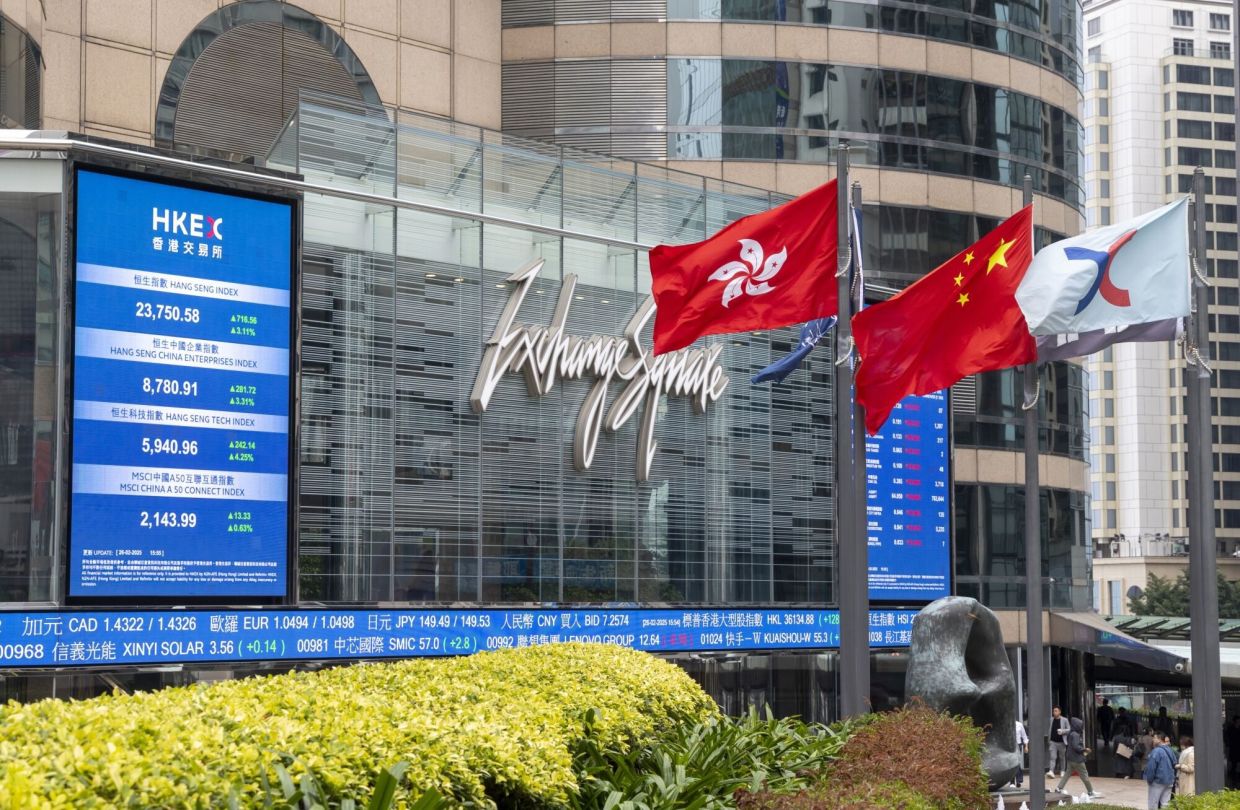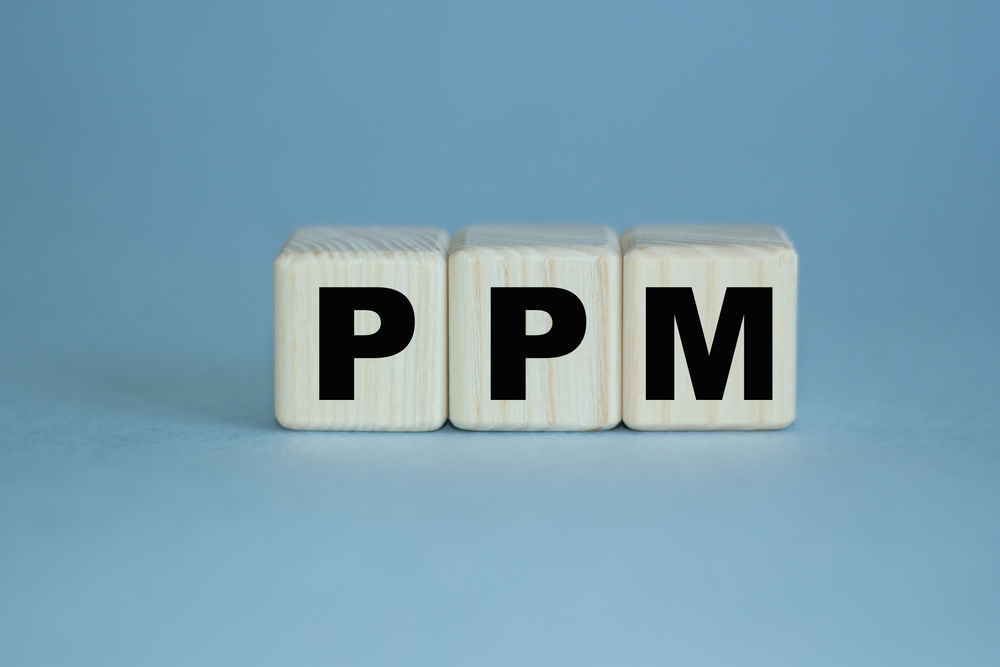In the realm of indie game development, crowdfunding has emerged as a lifeline for creators seeking to bring their unique visions to life. Platforms like Kickstarter and Indiegogo empower small teams or solo developers to secure funding directly from players, sidestepping the need for traditional publishers. As the gaming community grows more global, reaching backers across linguistic borders has become a game-changer. Multi-language crowdfunding—presenting a campaign in multiple languages—offers indie developers a chance to tap into international markets. However, success is not guaranteed. What determines whether such a campaign soars or stumbles? This article dives into the critical factors that shape the outcome of multi-language crowdfunding for indie games.
1. Choosing the Right Languages
The foundation of any multi-language crowdfunding campaign lies in selecting the right languages. This choice hinges on understanding where potential backers are and how engaged they are in gaming culture. English is non-negotiable—it’s the universal language of gaming and appeals to a vast audience. But to truly expand our reach, developers should consider languages like Spanish, Chinese, Japanese, or German, which represent large, passionate gaming communities. Take "Hollow Knight," for example. Its crowdfunding campaign included Spanish and Japanese, broadening its appeal and contributing to its global success. Picking languages isn’t a guessing game; it requires research into market size and player demographics to maximize backer potential.
2. Quality of Translations
Once languages are selected, the quality of translations can make or break the campaign. A shoddily translated page risks confusing or even repelling backers. It’s not enough to run text through a machine translator—cultural context, gaming jargon, and emotional tone must shine through. Imagine an English tagline like “Unleash Your Inner Hero” losing its punch in Spanish due to a literal, awkward translation. Professional translators ensure that humor, excitement, and intent translate effectively across cultures. High-quality translations signal professionalism and respect for the audience, boosting trust and enthusiasm among potential supporters.
3. Timing and Visibility
Timing is another pivotal factor. Launching a campaign when the crowdfunding space is less crowded can help it stand out, while a flood of competing projects might bury it. Developers should also align their launch with their audience’s habits—say, targeting a holiday season when gamers are more active online, or avoiding overlap with major gaming conventions that could steal the spotlight. Time zones matter too; updates and responses should sync with when backers in key regions are awake and engaged. A well-timed campaign maximizes visibility and keeps the momentum alive.
4. Marketing and Promotion
No matter how great the game or translations, a campaign won’t succeed without solid marketing. In a multi-language effort, this means crafting tailored strategies for each linguistic group. Posting on English forums won’t cut it for Chinese or Japanese backers. Instead, developers might collaborate with influencers who speak the target language, share updates on platforms like Weibo or NicoNico, or pitch to local gaming media. The indie hit "Celeste" gained traction in Japan partly through targeted social media promotion. Each market demands a bespoke approach—generic outreach risks falling flat.
5. The Game’s Concept and Appeal
At the heart of it all is the game itself. A campaign can nail languages, translations, timing, and marketing, but if the game doesn’t captivate, it’s doomed. The concept must hook players—whether through innovative mechanics, a gripping story, or stunning visuals. Transparency helps too; sharing a demo, trailer, or development roadmap builds credibility and excitement. "Shovel Knight" thrived on crowdfunding by showcasing its retro charm and clear vision early on. Backers need to feel the game’s worth, no matter the language they speak.
Multi-language crowdfunding opens doors for indie game developers to connect with a global audience, but it’s a delicate balancing act. Success demands smart language choices, impeccable translations, strategic timing, customized marketing, and, above all, a game that resonates. Each element amplifies the others—skimp on one, and the whole effort could unravel. Navigating this complexity calls for expertise, especially in translation. That’s where Artlangs Translation comes in. With our specialized services for the gaming industry, Artlangs ensures your campaign speaks to players worldwide with clarity and cultural finesse. Let Artlangs Translation help you make it a hit. Contact us for more information!











